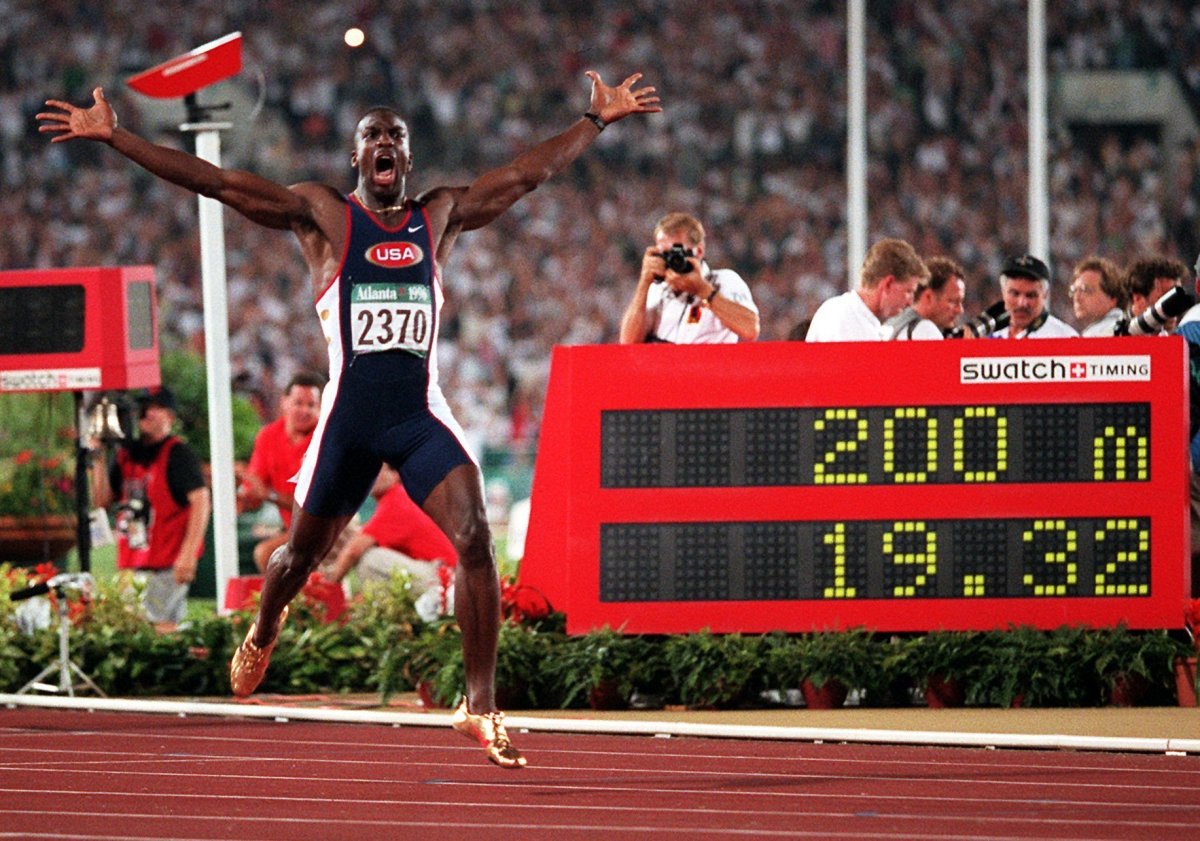When you think of the Olympics, images of iconic moments, national pride, and intense competition probably come to mind. But behind the scenes, there’s a powerful engine driving the event: branding and sponsorship. Traditionally, Olympic sponsors relied on tried-and-true methods like TV commercials, billboards, and athlete endorsements. However, the digital age demands something more innovative, something that resonates with today’s tech-savvy audiences. Enter NFTs (Non-Fungible Tokens), a game-changer that is rapidly transforming how brands and sponsors engage with the Olympic Games.
A New Era of Olympic Branding
The world of sports marketing has been evolving rapidly, and the Olympics are no exception. With the rise of blockchain technology, NFTs have emerged as a fresh and exciting way for brands to connect with fans. But what exactly makes NFTs so special, and why are they poised to revolutionize Olympic branding and sponsorship?
NFTs are unique digital assets that live on the blockchain, meaning they are verifiable, one-of-a-kind, and impossible to replicate. In the context of the Olympics, this could translate into everything from collectible digital pins to exclusive behind-the-scenes content that only a handful of fans can own. The real kicker? These digital assets are not just novelties; they carry real value and can be traded or sold on secondary markets.
Why NFTs Are a Perfect Fit for the Olympics
The Olympics are more than just a series of sporting events; they are a global celebration of culture, history, and human achievement. The integration of NFTs into Olympic branding and sponsorship taps into these themes, offering innovative ways to enhance fan engagement, brand visibility, and long-term value. Here’s why NFTs align so well with the Olympic spirit:
Creating Immersive Fan Experiences
The Olympics are all about creating memorable experiences. NFTs take this a step further by offering fans something tangible—or rather, something digital—that they can own. Imagine owning an NFT of Usain Bolt’s world-record sprint, complete with a 3D animation and exclusive commentary. With NFT development services, these kinds of experiences can be brought to life, allowing fans to feel even more connected to the athletes and moments they cherish.
Boosting Sponsorship ROI
Traditional sponsorship models often rely on metrics like TV viewership and social media impressions. While these are important, they don’t always translate into direct engagement. NFTs offer sponsors a new way to interact with fans by providing exclusive digital assets tied to their brand. For instance, a sponsor could release a limited edition NFT featuring their logo alongside a historic Olympic moment. This not only enhances brand visibility but also creates a direct line to the consumer, who now holds a branded digital asset with real-world value.
Bridging the Physical and Digital Worlds
In the past, Olympic memorabilia was limited to physical items like pins, flags, and jerseys. While these remain popular, NFTs offer something new: the ability to bridge the gap between the physical and digital worlds. For example, purchasing a physical piece of merchandise could unlock a corresponding NFT, giving fans both a tangible and digital keepsake. This dual ownership model adds a layer of exclusivity and engagement that simply wasn’t possible before.
Key Stats Highlighting the NFT Boom
The integration of NFTs into sports marketing is not just a trend—it’s a rapidly growing industry. Consider the following:
-
$2 Billion Market: According to Deloitte, the sports NFT market is expected to reach $2 billion in 2024, reflecting a doubling of revenues from the previous year. This growth is fueled by the increasing adoption of NFTs by major sports organizations and brands.
-
Fan Engagement: A recent survey by YouGov found that 46% of millennial sports fans are interested in purchasing NFTs, with the majority citing the exclusivity and uniqueness of these digital assets as the primary draw.
-
Sustainability Concerns Addressed: With the introduction of energy-efficient blockchain solutions, such as Ethereum 2.0, concerns about the environmental impact of NFTs are being mitigated. This shift aligns with the Olympic movement’s growing emphasis on sustainability, making NFTs a more attractive option for future branding efforts.
Real-World Applications: How NFTs Are Shaping Olympic Sponsorship
NFTs have already begun to make their mark on Olympic branding and sponsorship in significant ways. Here are some real-world examples demonstrating the impact of NFTs on the Olympics:
Tokyo 2020 and Team GB’s Digital Collectibles
During the Tokyo 2020 Olympics, Team Great Britain ventured into the world of NFTs by releasing a series of digital collectibles. These NFTs featured iconic moments from the Games and were made available to fans worldwide. Not only did this initiative generate revenue, but it also provided fans with a unique way to commemorate their favorite Olympic moments. This successful foray into NFTs demonstrated the enormous potential of digital assets in sports branding.
Coca-Cola’s Virtual Olympic Torch Relay
Coca-Cola, a long-time Olympic sponsor, took a bold step into the digital realm with its virtual Olympic torch relay during the Tokyo 2020 Olympics. By leveraging NFT technology, Coca-Cola created a series of digital torches that fans could collect, trade, and even use to participate in virtual events. This initiative not only elevated fan engagement but also showcased how NFTs could be used to bring traditional Olympic elements into the digital age.
Looking Ahead: The Future of Olympic Branding with NFTs
The potential for NFTs in Olympic branding is vast and largely untapped. As more brands explore this new frontier, we can expect to see increasingly creative uses of NFTs to engage fans, enhance sponsorship value, and create lasting connections with the Olympic Games. The real innovation will come when NFT development services are used not just to create digital collectibles, but to build entire ecosystems where fans, athletes, and sponsors can interact in ways never before imagined.
For instance, we could see NFTs being used to grant access to exclusive content, such as athlete interviews, training footage, or even virtual reality experiences of Olympic venues. Additionally, NFT-powered loyalty programs could reward fans with digital assets for engaging with sponsors, attending events, or sharing content on social media.
Conclusion:
The Olympic Games have always been a platform for innovation, and NFTs represent the next chapter in this ongoing story. As brands and sponsors look for new ways to connect with fans and stand out in a crowded marketplace, NFTs offer a powerful tool for creating unique, memorable, and valuable experiences. By partnering with a leading NFT development company, brands can unlock the full potential of this exciting technology and take their Olympic sponsorship strategies to the next level.
Call to Action:
Are you ready to elevate your Olympic sponsorship game? Explore how partnering with a top-tier NFT development company can help you create groundbreaking digital experiences that captivate fans and deliver exceptional value. The future of Olympic branding is here—don’t miss out!




